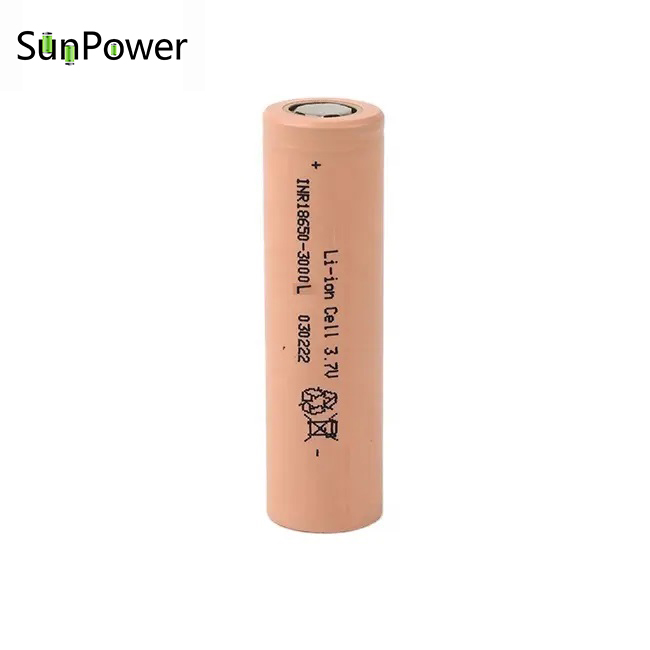Isopropyl Alcohol Manufacturing Plant Project Report 2024: Industry trends and Plant Setup

Introduction
Isopropyl alcohol (IPA), commonly known as rubbing alcohol, is a versatile chemical widely used in various industries. Its applications range from medical and pharmaceutical uses to cleaning agents, cosmetics, and as a solvent in manufacturing processes. With the growing demand for isopropyl alcohol, establishing a manufacturing plant presents a lucrative business opportunity. This Isopropyl Alcohol Manufacturing Plant Project Report details the essential aspects of setting up an isopropyl alcohol manufacturing facility, including market analysis, production processes, financial considerations, and environmental impacts.
Market Analysis
Demand Overview
The demand for isopropyl alcohol has been steadily increasing due to its various applications:
- Pharmaceuticals: IPA is a key ingredient in antiseptics and disinfectants, particularly in healthcare settings.
- Cosmetics and Personal Care: It is widely used in skin care products, perfumes, and hair sprays.
- Household Cleaning Products: IPA is a common ingredient in cleaning agents, providing effective disinfection.
- Industrial Applications: Used as a solvent in the production of various chemicals and in the manufacturing of plastics and resins.
Market Trends
Several trends are influencing the isopropyl alcohol market:
- Increased Hygiene Awareness: The COVID-19 pandemic has heightened awareness around hygiene and sanitation, leading to a surge in demand for disinfectants and sanitizers containing IPA.
- Growth of the Pharmaceutical Sector: The expansion of the pharmaceutical industry, particularly in developing countries, is driving the demand for isopropyl alcohol.
- Sustainability Initiatives: There is a growing trend toward using greener processes and raw materials in the production of IPA, aligning with global sustainability goals.
Get a Free Sample Report with Table of Contents @
Growth Potential
The global isopropyl alcohol market is projected to grow at a CAGR of around 5-7% over the next five years. Regions such as North America and Asia-Pacific are expected to be major contributors to this growth due to their strong industrial bases and increasing demand from end-user industries.
Technical Feasibility
Production Methods
Isopropyl alcohol can be produced through several methods, with the most common being:
- Hydration of Propylene: This is the primary method for large-scale production. Propylene is hydrated in the presence of an acid catalyst to produce isopropyl alcohol.
- Dehydration of Isopropyl Alcohol: Involves the dehydration of isopropanol to produce propylene.
Production Process
The manufacturing process of isopropyl alcohol through hydration involves several key steps:
- Raw Material Preparation: Propylene is sourced and pre-treated to remove impurities that could affect the hydration process.
- Hydration Reaction: The prepared propylene is reacted with water in the presence of an acid catalyst. This reaction typically occurs in a continuous reactor at elevated temperatures and pressures.
- Separation and Purification: The product mixture is cooled, and isopropyl alcohol is separated from by-products using distillation. Further purification steps may be required to achieve the desired purity level.
- Storage and Packaging: The purified isopropyl alcohol is stored in appropriate containers and packaged for distribution.
Plant Layout and Design
An efficient isopropyl alcohol manufacturing plant should include the following areas:
- Raw Material Storage: For storing propylene and water under controlled conditions.
- Production Area: Housing reactors, distillation units, and other necessary equipment.
- Quality Control Lab: For testing raw materials and finished products to ensure compliance with safety and quality standards.
- Storage Facility: For storing finished isopropyl alcohol and managing inventory.
- Packaging Area: For packaging the final product for distribution.
Required Equipment
Key equipment needed for an isopropyl alcohol manufacturing plant includes:
- Reactor Systems: Designed for hydration reactions.
- Distillation Columns: For separating and purifying isopropyl alcohol.
- Cooling Systems: To manage heat generated during the production process.
- Storage Tanks: For holding both raw materials and finished products.
Financial Analysis
Capital Investment
The capital investment required for setting up an isopropyl alcohol manufacturing plant can vary significantly based on factors such as location, scale, and technology used. On average, initial investment costs can range from $2 million to $10 million.
Breakdown of Costs:
- Land and Building: 25%
- Machinery and Equipment: 50%
- Working Capital: 15%
- Miscellaneous Costs: 10%
Operating Costs
Operational expenses include raw materials (propylene and water), labor, utilities, maintenance, and regulatory compliance costs. The prices of raw materials can fluctuate based on market conditions.
Profitability and ROI
With effective management and strategic marketing, an isopropyl alcohol manufacturing plant can achieve a return on investment (ROI) of 10-20% within the first three years. Pricing strategies should consider production costs, market demand, and competition.
Environmental Considerations
Establishing an isopropyl alcohol manufacturing plant necessitates compliance with environmental regulations to minimize ecological impacts. Key considerations include:
- Emission Control: Implementing systems to capture and treat any gaseous emissions generated during production.
- Waste Management: Developing procedures for safely disposing of any solid or liquid waste products.
- Water Usage: Ensuring efficient water usage and recycling wastewater where possible.
FAQ
What is isopropyl alcohol used for?
Isopropyl alcohol is used in pharmaceuticals, cosmetics, cleaning agents, and as a solvent in various industrial applications.
How is isopropyl alcohol produced?
Isopropyl alcohol is primarily produced through the hydration of propylene, involving a reaction with water in the presence of an acid catalyst.
What are the different grades of isopropyl alcohol?
Isopropyl alcohol is available in various grades, including 70% and 99% concentrations, each suitable for different applications.
How long does it take to set up an isopropyl alcohol manufacturing plant?
Setting up an isopropyl alcohol manufacturing plant can take between 1 to 3 years, depending on regulatory approvals, construction timelines, and equipment procurement.
What are the environmental impacts of isopropyl alcohol production?
Potential environmental impacts include emissions of volatile organic compounds (VOCs) and water usage. Implementing effective emission controls and water recycling practices can help mitigate these impacts.
What is the expected return on investment for an isopropyl alcohol plant?
A well-managed isopropyl alcohol manufacturing plant can expect an ROI of 10-20% within the first three years of operation.
Company Name: Claight Corporation
Contact Person: Lewis Fernandas, Corporate Sales Specialist — U.S.A.
Email: sales@expertmarketresearch.com
Toll Free Number: +1–415–325–5166 | +44–702–402–5790
Address: 30 North Gould Street, Sheridan, WY 82801, USA
Website: www.expertmarketresearch.com
Aus Site: https://www.expertmarketresearch.com.au





